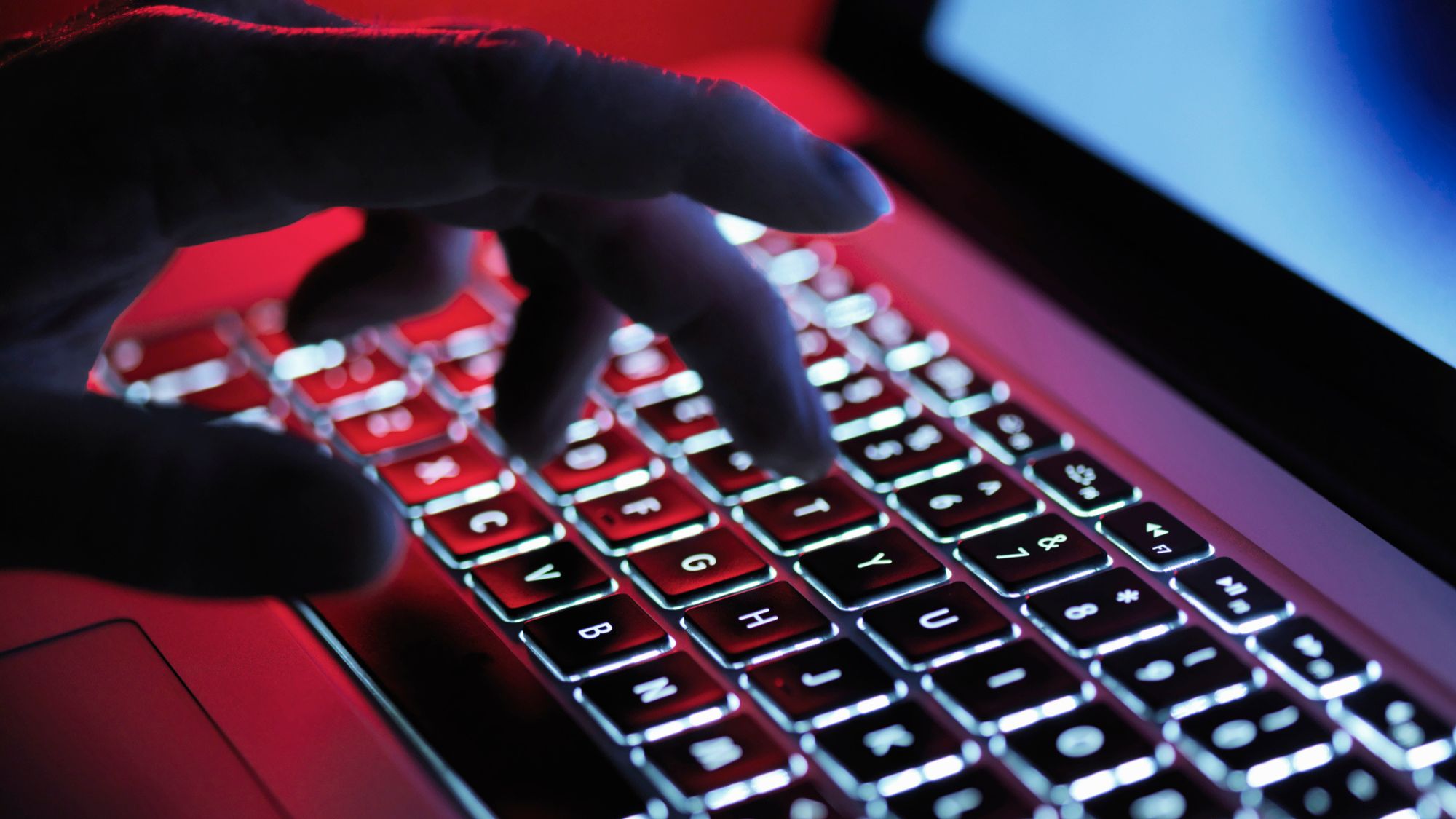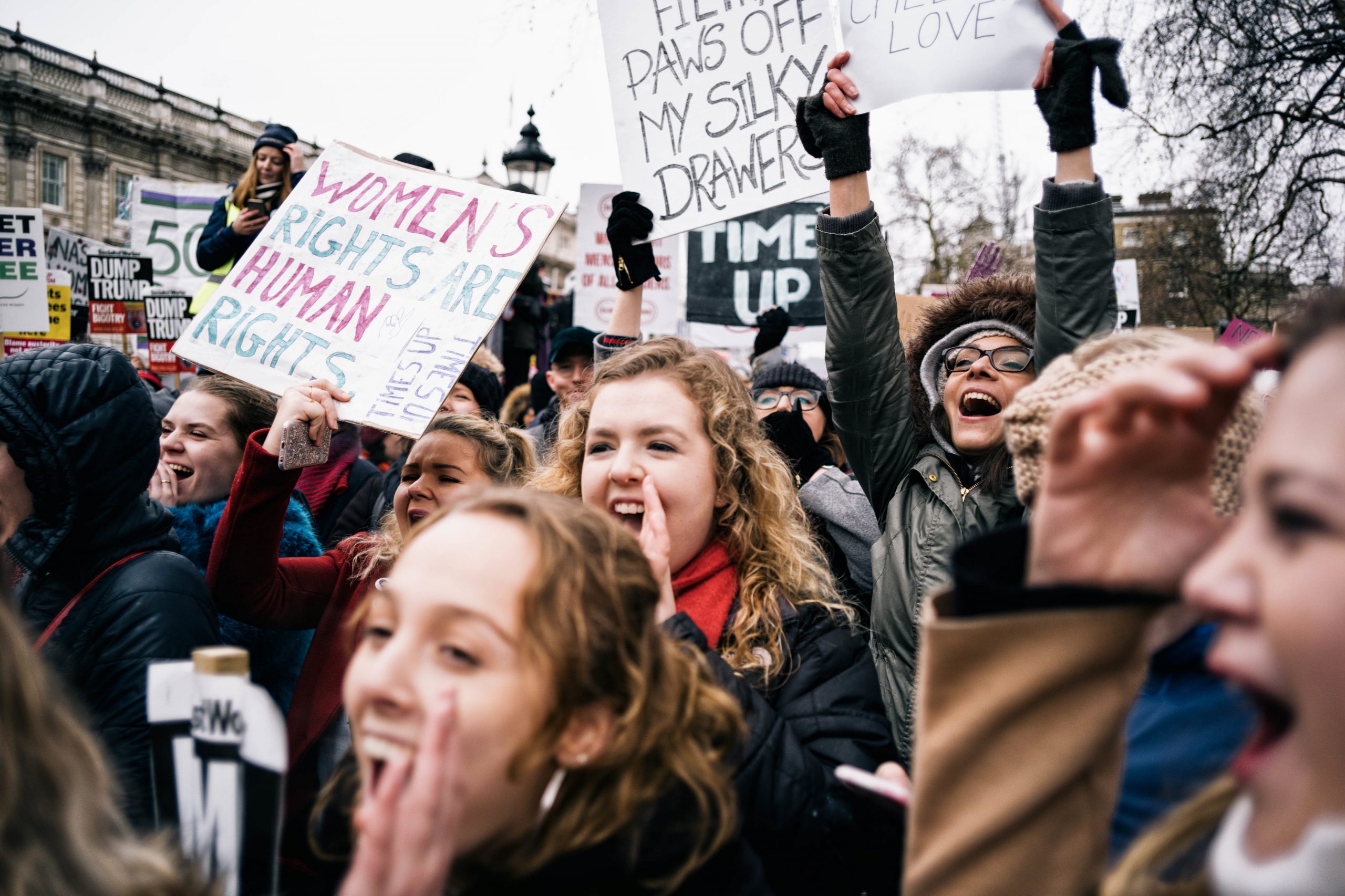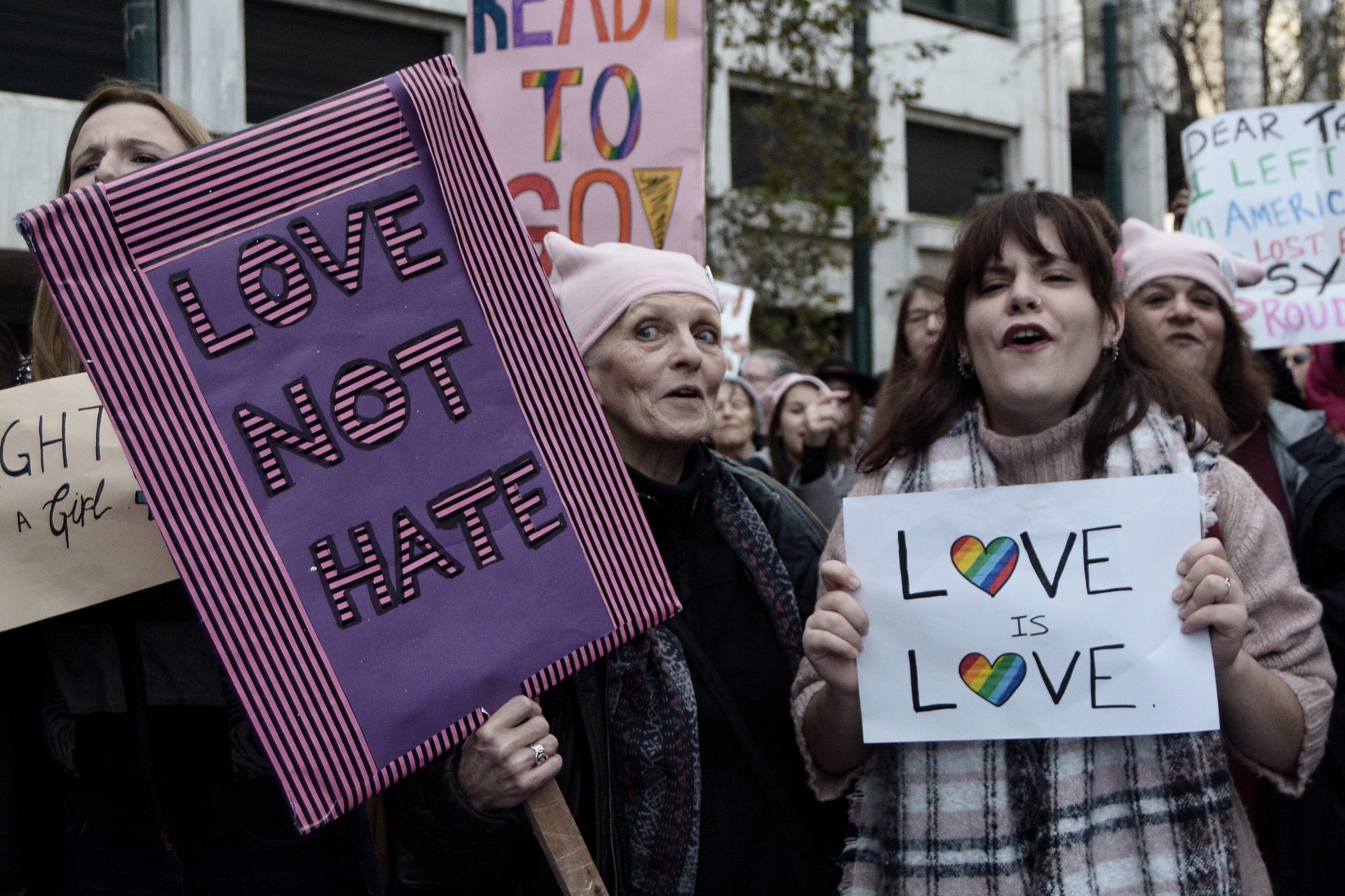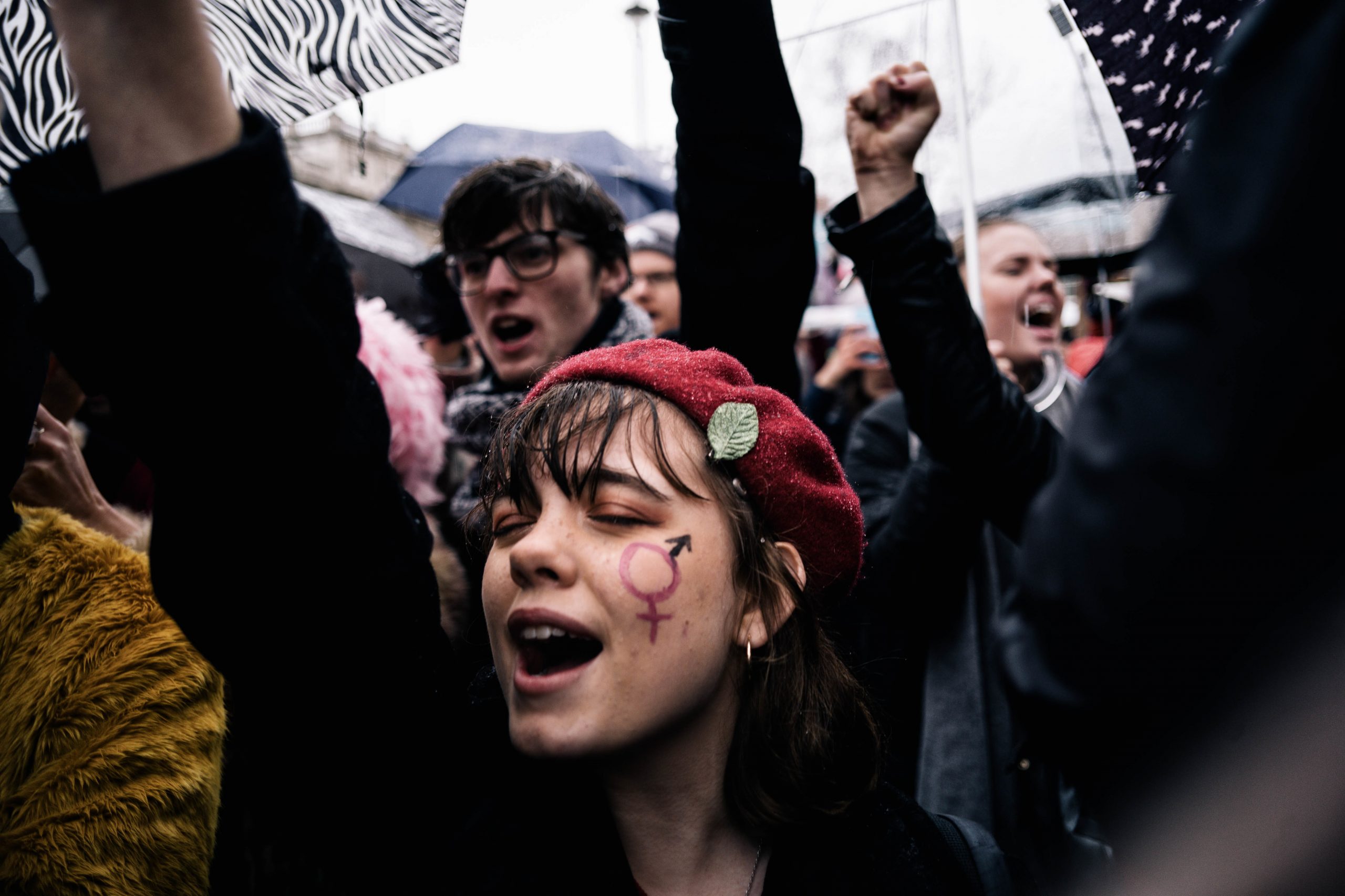"Does the celebration of International Men’s Day have the potential to be problematic?"
Our Features Editor breaks down her concerns with International Men’s Day, and how some are celebrating.


Celebrity news, beauty, fashion advice, and fascinating features, delivered straight to your inbox!
You are now subscribed
Your newsletter sign-up was successful
This weekend marked 2022's International Men’s Day (IMD), a global holiday that annually "recognises and celebrates the cultural, political and socioeconomic achievements of men". It also raises awareness around the issues that they face as a group.
IMD was created just over a decade ago, in order to give men an equivalent to the century-old International Women's Day.
To many - myself included - this has the potential to be problematic.
Not only does the invention of an International Men's Day create an unnecessary (although probably unintentional) rivalry with IWD (reminder: we're not on equal footing), thanks to the manosphere it has also been turned into a platform by some for women-hating.
I do not intend to throw shade on men in any way with this piece. I completely understand the intention to raise awareness around issues that disproportionately affect men, and from suicide rates to male cancers, there are very real threats to discuss. That's why we have World Suicide Prevention Day on 10 September and Male Cancer Awareness Week on 13-19 September every year.
I simply feel that despite positive intentions, the creation of an IMD actually contradicts the need to have an International Women's Day.

An International awareness day is designed to elevate a marginalised group. It is for this reason that International Women’s Day exists, because gender inequality is real and women are less privileged.
Celebrity news, beauty, fashion advice, and fascinating features, delivered straight to your inbox!
International Women's Day is therefore an opportunity to balance the scales, and in order to achieve that we must elevate women. It is also referred to as Civil awareness day, Anti-sexism day and Anti-discrimination day, terms that some people prefer. Because again, it's not just about women - it's about gender equality.
The aim is not to push women above men, but simply to push them to the same level as men.
However, I do not think it works the other way around and designating a day of awareness for the most privileged group in society doesn't sit well.

Unfortunately, it's not just the rivalry with IWD that I have a problem with, but also how a significant and loud group are using the day to deepen the divide.
While IWD aims to positively elevate women towards gender equality, International Men's Day seems to be used by many "to keep women in their place".
Scrolling through Twitter, I was saddened to see how many tweets were not focused on celebrating men, but rather about insulting women.

"Good morning - I hate women", read one tweet on my homepage under the International Men's Day hashtag, while another said: "Life is hard, feminism makes it harder".
"I don’t know anything but I know all women are trash", read another post.
One particularly distressing tweet from 2021 International Men's Day is still burnt on my retinas - a meme of men running dressed in black, captioned: "Me rushing to the battered women’s shelter on #InternationalMensDay to tell them that I bought them out and closed it down. (I am a man so I’m rich)."
This is toxic masculinity - and it is being given a platform.
Of course not all men are using the day to slam women - in fact the vast majority aren't, but the minority are loud and they are causing harm.
I don't personally have the answers, but I do think that if an international awareness day is promoting negativity and threatening progress, something needs to be redressed.
It's 2022 and there should be no place for hate.
What are your thoughts on International Men's Day? Let us know @MarieClaireuK.

Jenny Proudfoot is an award-winning journalist, specialising in lifestyle, culture, entertainment, international development and politics. After working at Marie Claire UK for seven years - rising from intern to Features Editor - she is now a freelance contributor to the News and Features section.
In 2021, Jenny was named as a winner on the PPA's '30 under 30' list, and was also listed as a rising star in journalism.